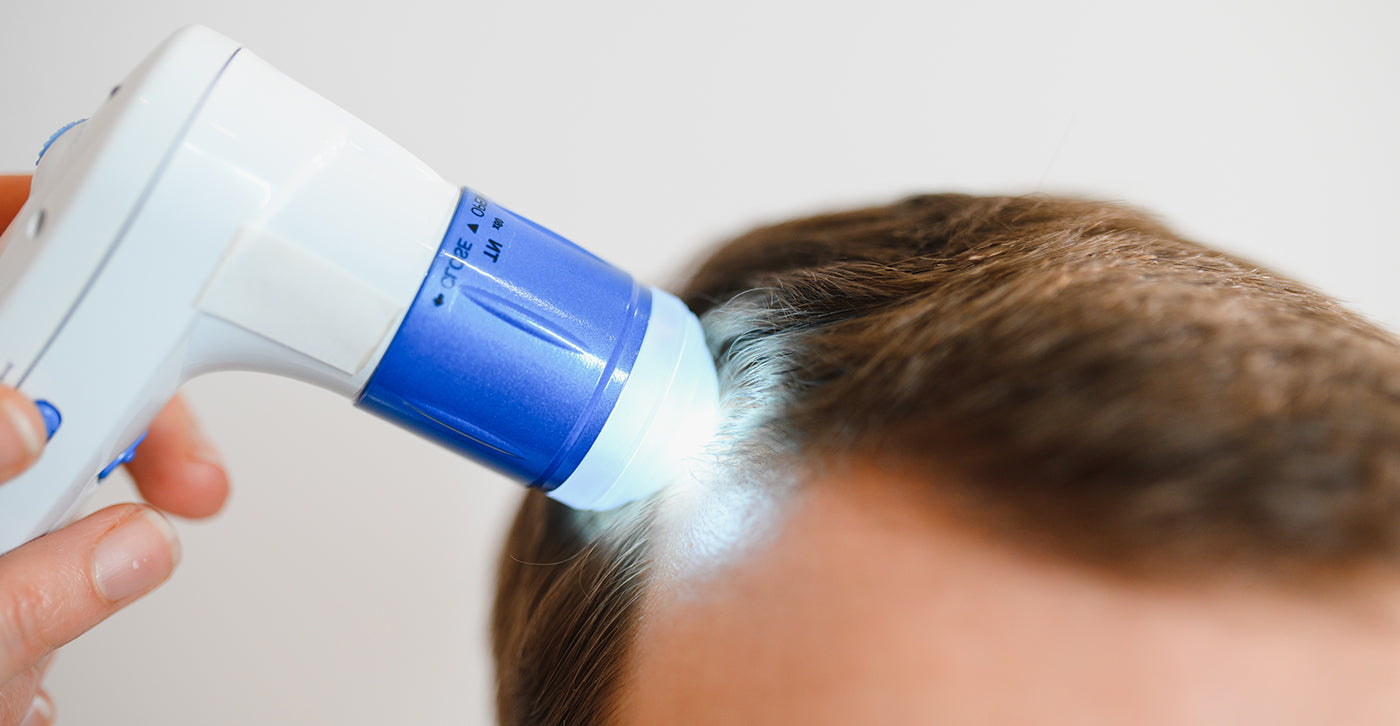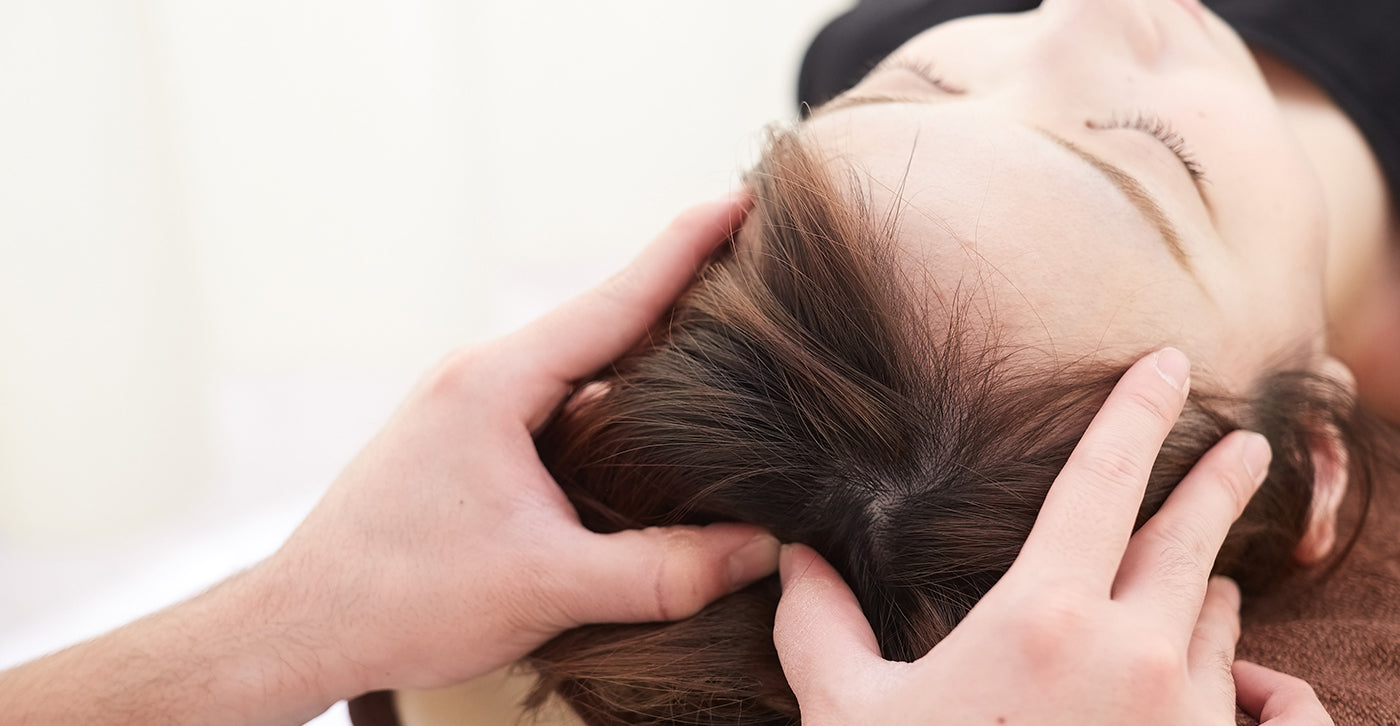When it comes to hair care, there’s no shortage of myths that get passed down through generations. From age-old beauty tips to social media hacks, we’ve all heard advice that promises to work wonders for our hair. However, not all of these so-called “miracles” are rooted in science. In fact, some of the most common hair care myths could actually be doing more harm than good.
Let’s separate the truth from the fiction and explore the science behind proper hair care so you can treat your locks with the love and attention they deserve.
Myth 1: Trimming Your Hair Makes It Grow Faster
The Truth: While trimming your hair regularly can keep your hair looking healthy and prevent split ends, it doesn’t actually speed up hair growth. Hair grows from the scalp, and cutting the ends doesn’t affect the growth rate. On average, hair grows about half an inch per month, regardless of how often it’s trimmed.
Why It’s a Myth: The idea that trimming stimulates growth likely comes from the fact that trimmed hair looks fuller and healthier, which can give the illusion of faster growth. Regular trims do, however, prevent breakage and split ends, allowing your hair to retain its length and health.
Myth 2: Washing Your Hair Every Day Is Necessary for Clean Hair
The Truth: Washing your hair every day isn’t necessary for most people and can even do more harm than good. Shampoo strips the scalp of its natural oils, which are essential for keeping your hair nourished and healthy. Washing too frequently can lead to dryness, irritation, and an overproduction of oil as your scalp tries to compensate for the loss of moisture.
Why It’s a Myth: Your scalp is naturally self-cleansing. For most hair types, washing 2-3 times a week is sufficient. If you have oily hair, consider using a gentle, sulfate-free shampoo and adjusting your routine as needed.
Myth 3: Heat Styling Damages Your Hair Permanently
The Truth: Heat styling can cause damage over time, but it doesn’t permanently alter the structure of your hair if you take proper precautions. The key is to use the right temperature settings, heat protectant sprays, and limit heat styling to avoid overexposure.
Why It’s a Myth: While excessive heat can weaken the hair shaft and cause breakage, using heat styling tools in moderation and always applying a heat protectant can prevent lasting damage. Hair can recover from heat damage as long as you’re not continuously exposing it to high temperatures.
Myth 4: The More Shampoo You Use, the Cleaner Your Hair
The Truth: More shampoo doesn’t equal cleaner hair. In fact, using too much shampoo can strip your scalp and hair of essential oils, leaving them dry and more prone to damage. The right amount is about a quarter-sized amount for short to medium hair and more for longer hair.
Why It’s a Myth: Shampoos are designed to cleanse, but you don’t need to overdo it. A little goes a long way, and massaging the scalp gently with your fingertips is more important than using excessive amounts of product.
Myth 5: Washing with Hot Water Is Better for Your Hair
The Truth: Hot water can strip away natural oils, causing dryness and irritation on both your scalp and hair. Lukewarm water is best for cleansing, and finishing with a cool rinse can help seal the hair cuticle, adding shine and reducing frizz.
Why It’s a Myth: Hot water may feel great, but it can have a drying effect on your hair and scalp over time. For healthier hair, stick to lukewarm water for washing and rinse with cool water at the end to lock in moisture.
Myth 6: Hair Products with Sulfates Are Always Bad for Your Hair
The Truth: While sulfates are a strong detergent that can be drying for some people, they aren’t inherently bad for everyone. If you have dry, sensitive skin, or color-treated hair, sulfate-free shampoos are a better choice. However, sulfates can be effective at cleaning, especially if you use styling products regularly.
Why It’s a Myth: Sulfates aren’t harmful for everyone; it’s just that they can be too harsh for certain hair types. If you find that your scalp is irritated or your hair feels dry, try switching to a sulfate-free formula, but for others, sulfates can provide deep cleansing without causing damage.
Myth 7: All Hair Oils Are Heavy and Will Weigh Your Hair Down
The Truth: Not all oils are heavy. In fact, some oils—like argan, jojoba, or grape seed—are light and non-greasy, making them perfect for hydrating hair without weighing it down. The key is to apply them in moderation and focus on the ends rather than the roots.
Why It’s a Myth: People often assume that oils will make hair greasy, but when used correctly, oils can add shine, reduce frizz, and nourish hair without leaving it heavy or weighed down. It’s all about using the right oil and applying it in small amounts.
Myth 8: You Can Fix Split Ends with Products
The Truth: Unfortunately, no product can actually “repair” split ends. Once the hair is split, the only way to get rid of them is by trimming. However, products can help minimize the appearance of split ends by smoothing the hair, preventing further damage, and adding moisture.
Why It’s a Myth: While certain serums and oils can make hair look smoother and healthier, they can’t restore the integrity of the hair shaft. Regular trims and deep conditioning treatments are your best bet for preventing and managing split ends.
Myth 9: Brushing Your Hair 100 Times a Day Is Good for It
The Truth: Excessive brushing can lead to breakage and split ends, especially if you’re using a brush that’s too harsh. It’s important to brush gently and use the right type of brush for your hair texture. Brushing too much doesn’t stimulate hair growth; it just causes damage.
Trichologist Insight: “Brushing too often can actually harm your hair. The best approach is to brush gently and avoid overdoing it. For many people, brushing once or twice a day is enough,”
Conclusion: The Truth About Hair Care
While there’s no shortage of hair care myths out there, the key to maintaining healthy hair is understanding what actually works and what doesn’t. By focusing on the science behind hair care and following evidence-based advice, you can avoid making common mistakes that could harm your hair in the long run.
Remember: Healthy hair starts with healthy habits. Prioritize scalp care, use products suited to your hair type, and avoid the temptation to follow every trend or myth you hear. With the right approach, your hair can thrive—and look its best for years to come.








Leave a comment
This site is protected by hCaptcha and the hCaptcha Privacy Policy and Terms of Service apply.